Star Trek Producer Reveals How Little The Writers Care About Science
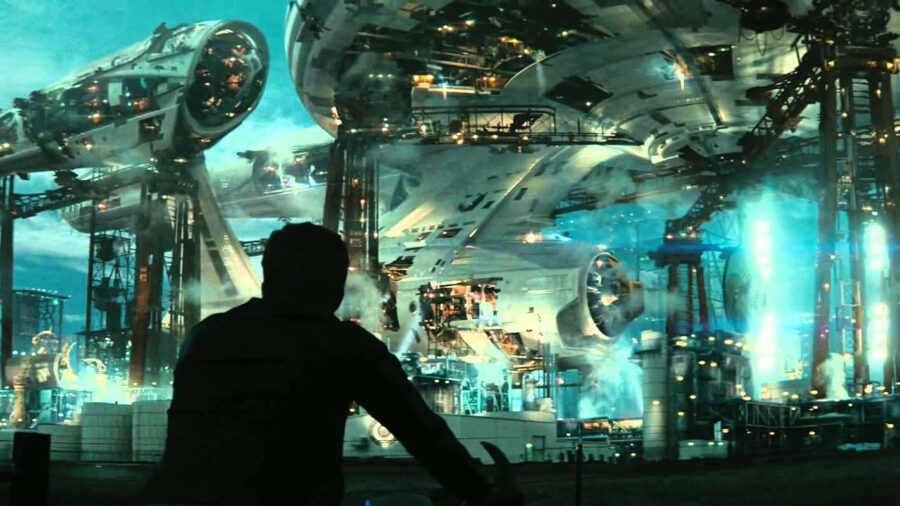
While it’s not always perfect, Star Trek has always tried to be more accurate regarding science than other franchises such as Star Wars. In some cases, Trek helped predict some of the technology that we now take for granted; in other cases, the franchise based its future tech on cutting-edge theories from some of the brightest scientific minds.
That’s why it is so darkly hilarious that Star Trek: Voyager showrunner Brannon Braga once admitted that he and other writers on the show never really cared about showing accurate science. For this amusing anecdote to make sense, we need to briefly review why Star Trek has earned its reputation as a franchise that cares so much about science.
Star Trek Influenced Modern Technology
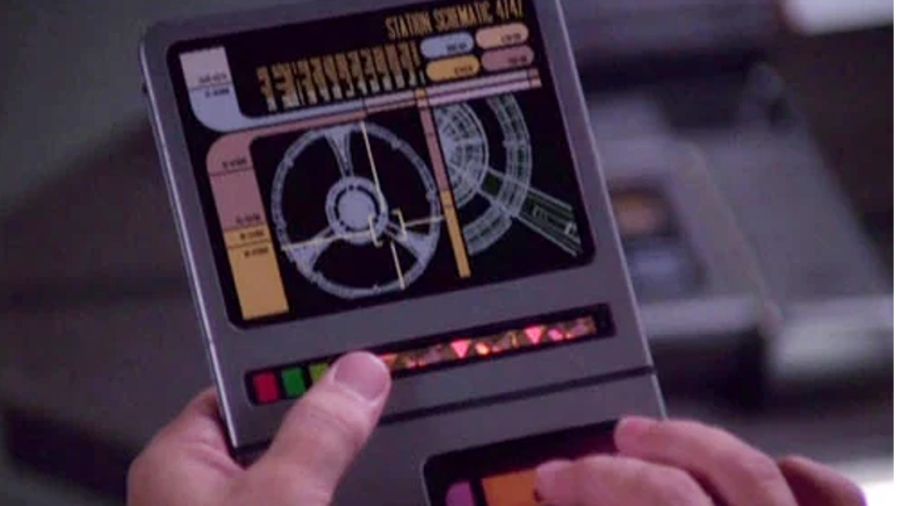
One of the main reasons is that early Star Trek predicted future technology in many ways: the communicators of The Original Series were clear precursors to cellphones, and using the Enterprise viewscreen to visually communicate with others was a precursor to apps such as Facetime and Zoom. That first Trek show also introduced the use of PADDs, and the use of similar tablets in the form of iPads and similar tech in the real world is now completely mainstream.
The Original Series Was Ahead Of Its Time
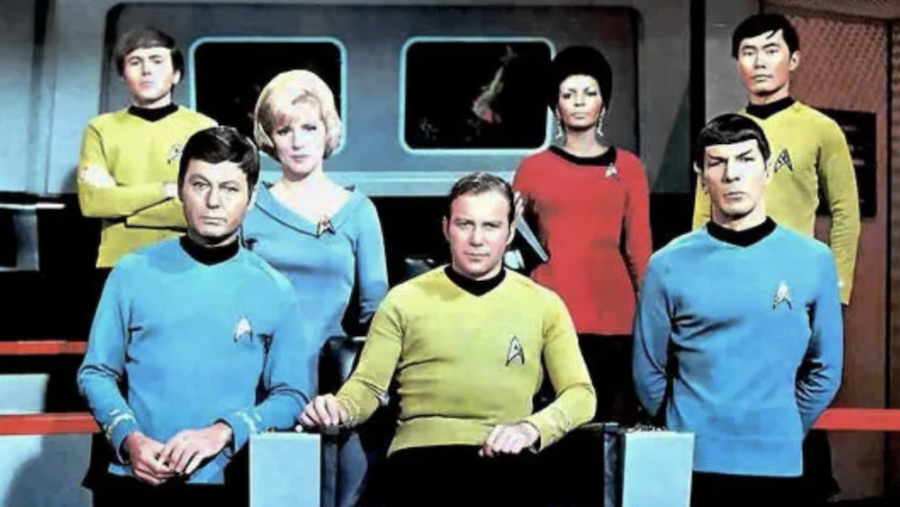
The list of Star Trek predicted future science and technology goes on: The Motion Picture featured smartwatches, for example, and Uhura’s famous earpiece is basically a futuristic Bluetooth headphone. The Original Series introduced the idea of talking to technology, something we now do every day with Apple’s Siri and Amazon’s Alexa.
Even the franchise’s fancier tech like faster-than-light travel involves enveloping ships in warp bubbles that allow them to go faster than the speed of light without violating our current theories of physics.
Voyager Showrunner Spills The Beans

Long story not very short, Star Trek has a long track record of both conforming to our known theories about science and accurately predicting future technology. That’s why Brannon Braga’s thoughts about the Voyager episode “Parallax” are so shocking and (depending on your sense of humor) so funny.
In case you’ve forgotten, this was Voyager’s first episode after the pilot, and it involved an ostensibly science-heavy plot involving the ship crossing into a quantum singularity and encountering another version of themselves that might or might not be real.
Drama First, Science Second
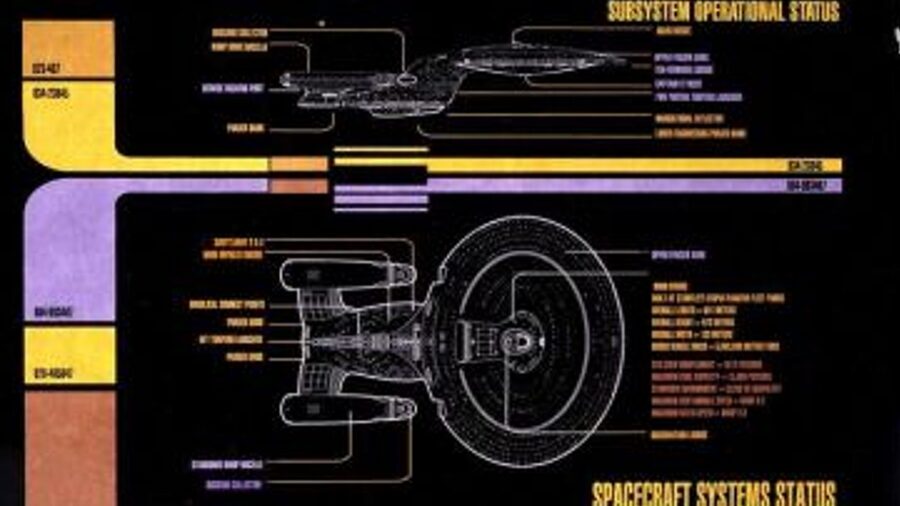
With a Star Trek plot involving something real-world science like a quantum singularity, you might expect the writers to fret over scientific accuracy, but episode writer Brannon Braga revealed that this wasn’t the case at all. “Normally, the way we write stories is we come up with what we want to do dramatically…We add science later. And it works out much better that way.”
Technobabble
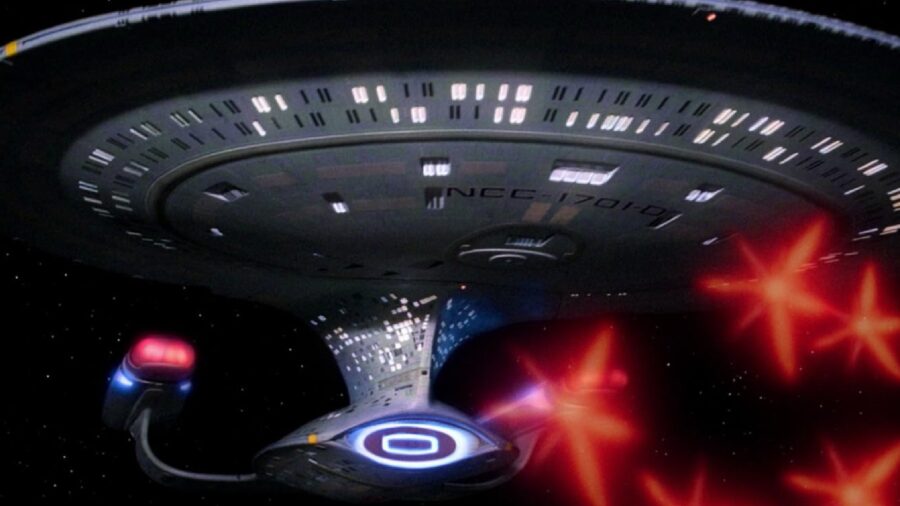
Already, this quote confirms something Star Trek fans have speculated was true for years: that franchise writers add in the science talk after the fact and hope that it sounds convincing. This is likely the main source of Trek’s infamous “technobabble” in which characters throw around enough fancy jargon to make you think that the deflector dish really might be the solution to all of the crew’s problems.
In fact, Braga went on to confirm how much of the technobabble in the show is more or less interchangeable.
“Though ‘a quantum singularity’ is a mouthful, I decided to use it anyway; but I literally could have called it ‘a quantum fissure,’ ‘a quantum sinkhole,’ anything,” he said. He then asked a frankly provocative question: “And who cares…Who really cares?”
Don’t Think Too Hard About Star Trek’s Science
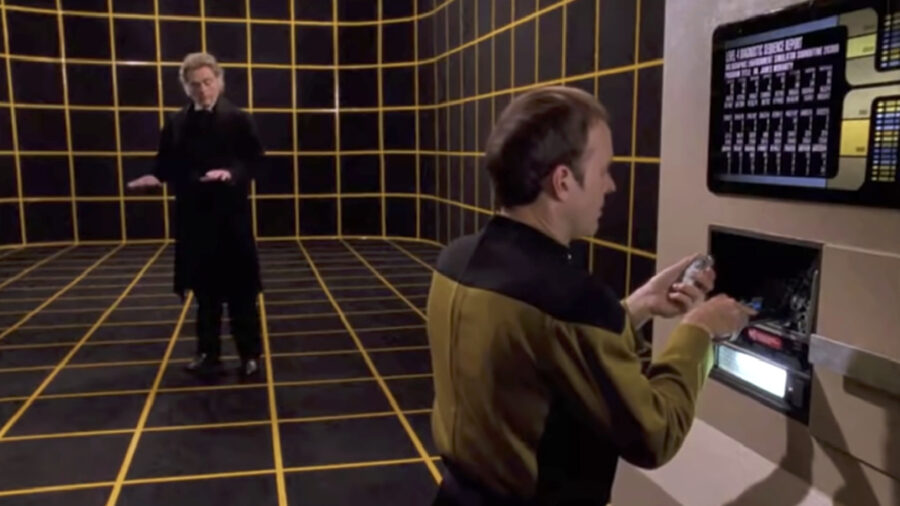
Star Trek fans who are also science geeks will likely take exception to Braga’s dismissive words here, but we think he has a point. While the franchise has made longstanding attempts at something approaching scientific accuracy, the first duty of any Trek writer is to tell a good story.
Fans who can’t appreciate a good story because everything doesn’t perfectly line up with current theories about things like quantum physics need to go touch some replicated grass and, frankly, find something more important to obsess over.












